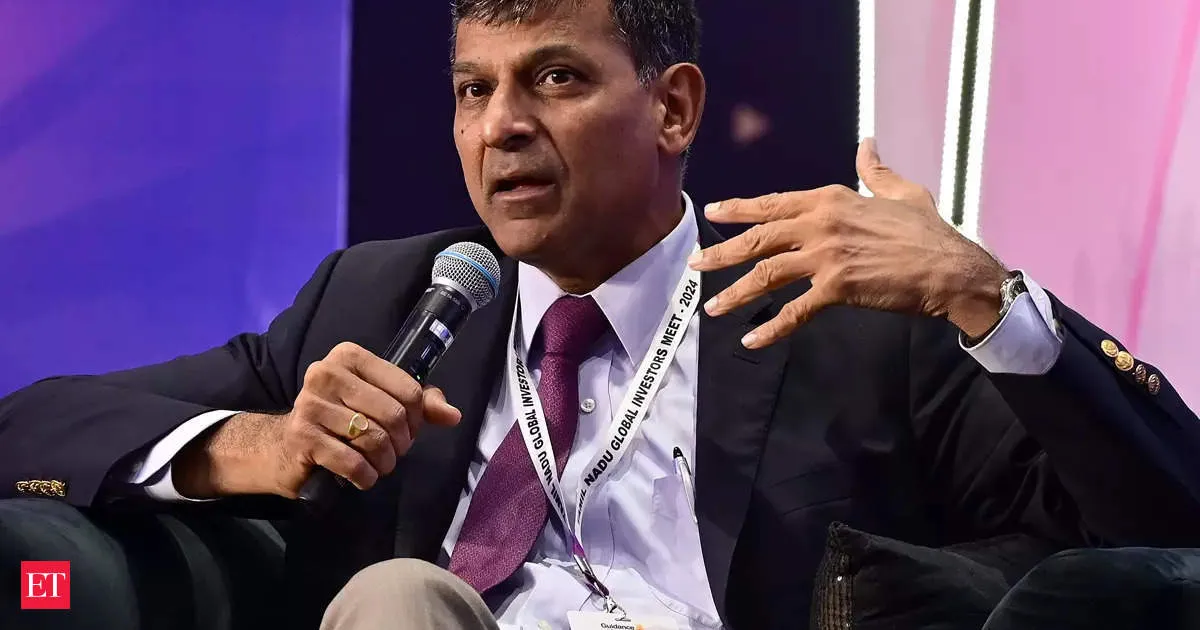Foreign Monetary Policy and Indian Trade: Raghuram Rajan's Call for Labour-Intensive Industry Growth

Foreign Monetary Policy and Job Creation
Raghuram Rajan, former governor of the Reserve Bank of India, emphasizes the urgent need for labour-intensive industries to generate much-needed jobs in the Indian economy. Despite a robust economic growth rate of 7%, Rajan observes that job creation remains stagnant, largely due to an over-reliance on capital-intensive manufacturing. He notes, “We need to look at this very carefully, we cannot be left out.”
Emphasizing Employment Schemes
In the context of the Union Budget, Rajan welcomes the introduction of three new employment-linked schemes based on the Employees' Provident Fund Organisation (EPFO). However, he cautions that these should be closely monitored to ensure their effectiveness and expansion.
Rationale for Policy Evolution
The Indian economy's performance in relation to foreign monetary policy also deserves attention. Rajan suggests establishing an expert committee to evaluate the impact of the Goods and Services Tax (GST) and proposes rationalization based on stakeholder feedback. “What has been the experience, and do we need the policy change?” is a question he raises underlining the need for adaptability in policy frameworks.
The North-South Divide and Equity Issues
Rajan further discusses regional disparities, emphasizing the need to bridge the gap between prosperous and less developed states to create a more inclusive economic environment. This approach could mitigate conflicts and enhance overall economic health.
This article was prepared using information from open sources in accordance with the principles of Ethical Policy. The editorial team is not responsible for absolute accuracy, as it relies on data from the sources referenced.